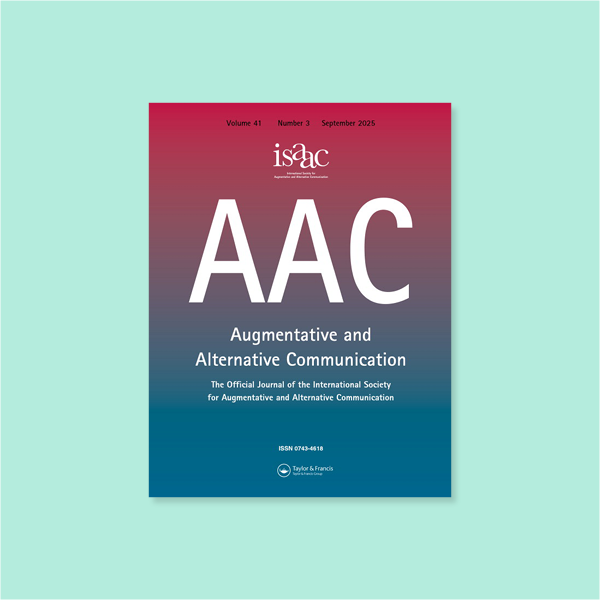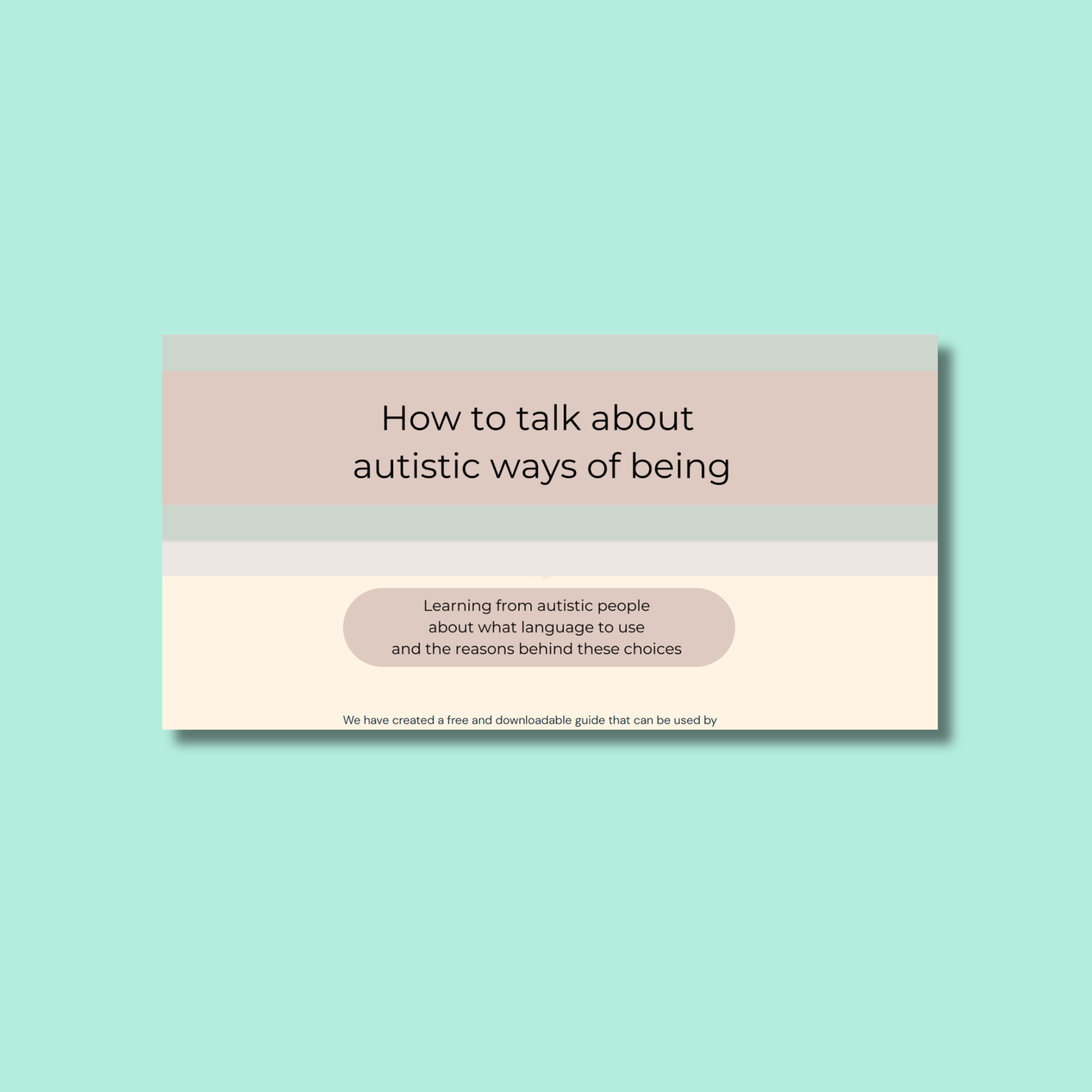 Image 1 of 1
Image 1 of 1


Double Empathy: Why Autistic People Are Often Misunderstood
Crompton, DaBrabander, Heasman, Milton and Sasson (2021)
Autism affects how individuals perceive the world, with about 1–2% of people being autistic. Autistic people may communicate differently, which can make it challenging for non-autistic people to understand them, but research suggests that autistic people may actually understand each other better. This article explores the "double empathy problem," which highlights how understanding each other's communication styles can lead to more effective interactions between autistic and non-autistic people.
Crompton, DaBrabander, Heasman, Milton and Sasson (2021)
Autism affects how individuals perceive the world, with about 1–2% of people being autistic. Autistic people may communicate differently, which can make it challenging for non-autistic people to understand them, but research suggests that autistic people may actually understand each other better. This article explores the "double empathy problem," which highlights how understanding each other's communication styles can lead to more effective interactions between autistic and non-autistic people.






